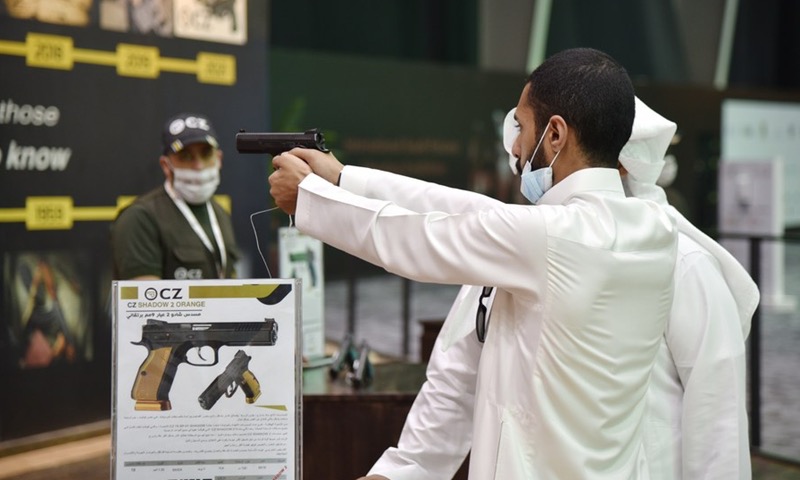The Iraq civilian gun ownership debate intensified this week after politician and tribal leader Adnan Al-Dunbous issued a strong warning. He said Iraq now ranks among the top Arab countries in firearm possession. Moreover, he argued that Iraq may even surpass Yemen, long known for its widespread gun culture.
Al-Dunbous criticized the government’s current measures as weak and ineffective. He insisted that officials must first understand the social and psychological roots of the problem. Without addressing these drivers, he warned, no disarmament policy would succeed.
According to Al-Dunbous, Iraq’s high rate of gun ownership reflects its turbulent history. Decades of wars and conflicts since the 1980s, especially the 2003 change, flooded society with weapons. For many Iraqis, a firearm represents honor, dignity, and strength. This cultural symbolism, he noted, complicates every attempt to limit ownership.
Furthermore, Al-Dunbous stressed that weapons have fueled tribal disputes. Arguments between two individuals often escalate into major clan battles, producing deadly outcomes. He called this one of the most pressing security issues facing the nation.
Drawing a historical comparison, Al-Dunbous referred to King Faisal I’s rule in the early 20th century. Back then, the monarchy reduced tribal armament by promoting agriculture. The government introduced modern farming machinery and invested in large-scale projects. This shift redirected tribal energies from conflict toward economic productivity, centralizing weapons under state control.
However, he noted a turning point after 1958. Massive urban migration moved 75% of Iraqis into cities. Tribal customs soon blended into urban life, while personal empowerment through weapons spread even further.
Al-Dunbous argued that government registration programs are flawed. Many citizens register a single gun while hiding several others. He recommended offering financial incentives instead, believing that cash rewards would encourage voluntary disarmament.
Ultimately, he warned that Iraq needs more than administrative fixes. It requires a cultural transformation and serious investment in alternative identities for young men. Only then can Iraq reduce its dependence on firearms.
The Iraq civilian gun ownership issue remains urgent. It affects daily life, threatens security, and blocks long-term stability. For Al-Dunbous, the solution lies in bold reforms that combine cultural change with economic opportunity.



